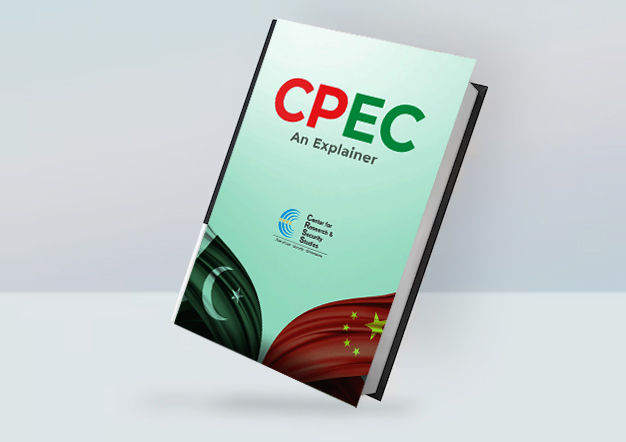For years, a debate has surrounded the China-Pakistan Economic Corridor (CPEC) as to whether it is a mutually beneficial undertaking or primarily favorable to China alone. Disregarding the long history of cordial, time-tested, and trusted relations between Islamabad and Beijing, critics – largely foreigners -often speak of CPEC as a potential debt trap. They view this as China’s broader strategy for expanding its influence both economically and strategically by imposing unfavorable conditions – on its own will – on the recipient countries through its Belt and Road Initiative (BRI), of which CPEC is the flagship project. The situation on the ground, nevertheless, contradicts these views. If CPEC represented China’s debt diplomacy or a zero-sum game, then all projects under it – power plants, transmission lines, road and rail infrastructure – were initiated on the demand of Pakistani leaders i.e., the then Prime Minister Nawaz Sharif when he and President Xi Jinping witnessed the signing of several contracts during the latter’s Islamabad visit. Even many Pakistanis, too, have been misled by motivated, skeptical, and critical views of CPEC projects.
This report is an endeavor to clear some of the fog around CPEC by, a) briefly tracing the history of Pakistan-China relations, and b) addressing some of the most frequently asked questions around CPEC.
DOWNLOAD PDF


